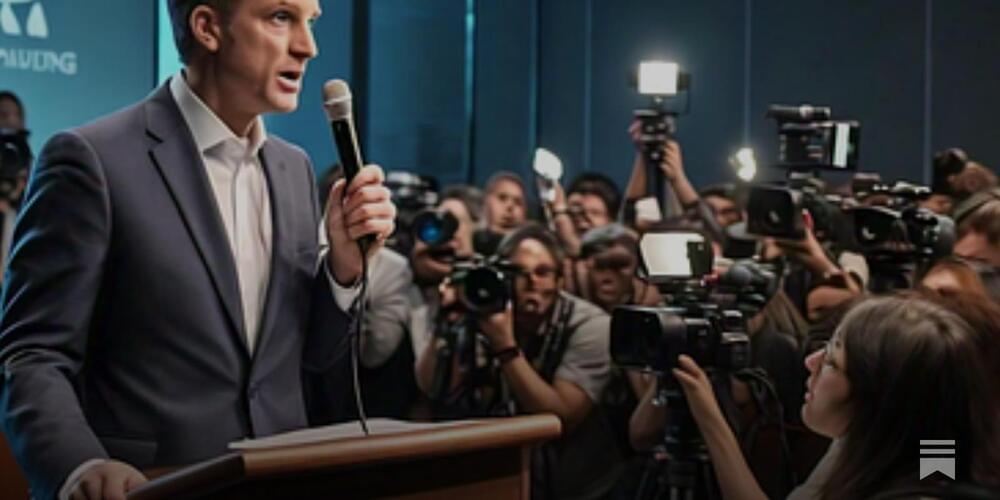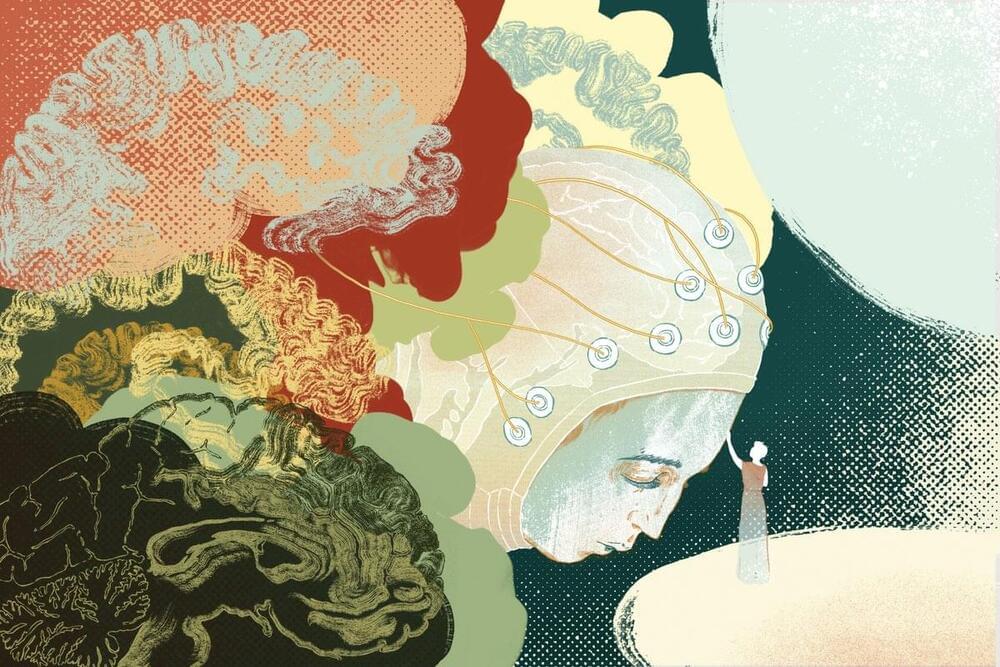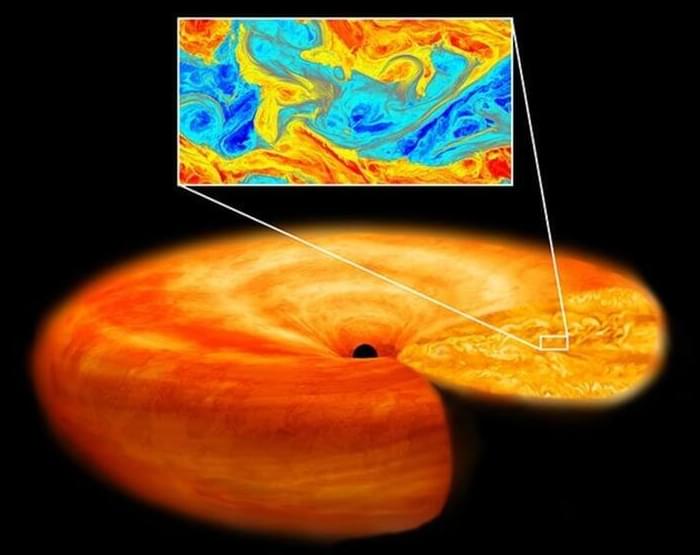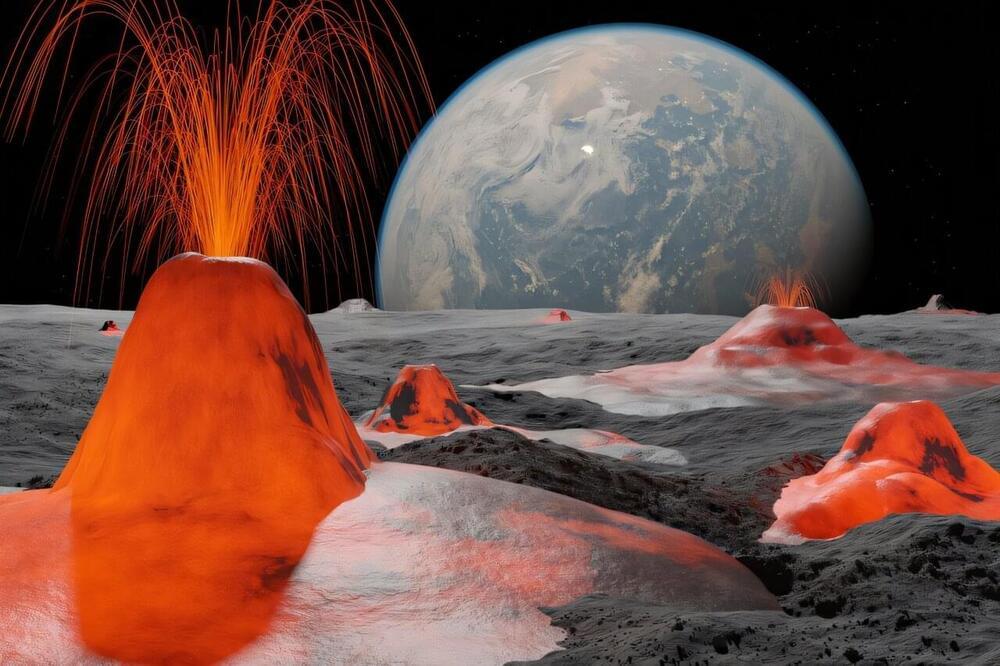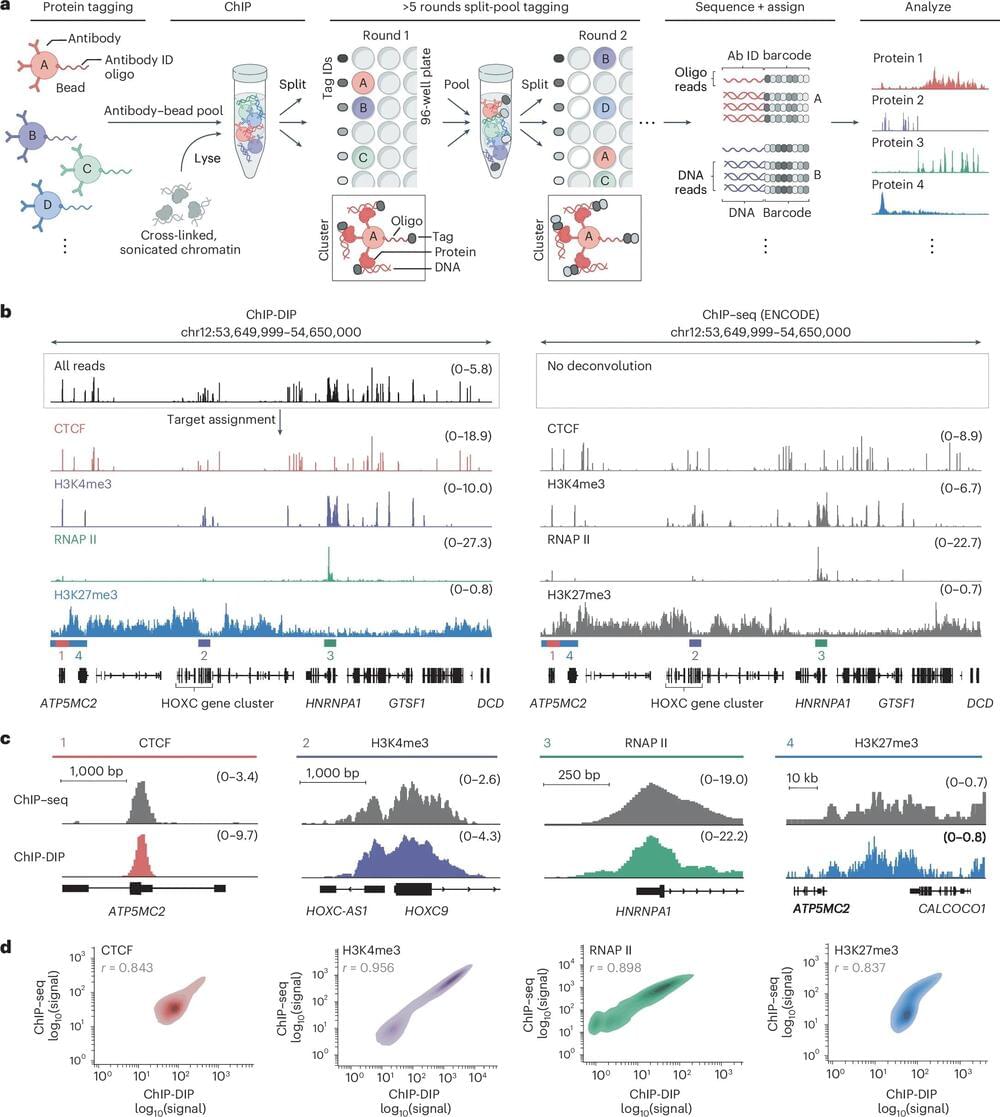Dec 19, 2024
US Homeland Security chief attacks EU effort to police artificial intelligence
Posted by Rx Sobolewski in categories: robotics/AI, security
The outgoing head of the US Department of Homeland Security believes Europe’s “adversarial” relationship with tech companies is hampering a global approach to regulating artificial intelligence that could result in security vulnerabilities.
Alejandro Mayorkas told the Financial Times the US — home of the world’s top artificial intelligence groups, including OpenAI and Google — and Europe are not on a “strong footing” because of a difference in regulatory approach.
He stressed the need for “harmonisation across the Atlantic”, expressing concern that relationships between governments and the tech industry are “more adversarial” in Europe than in the US.




